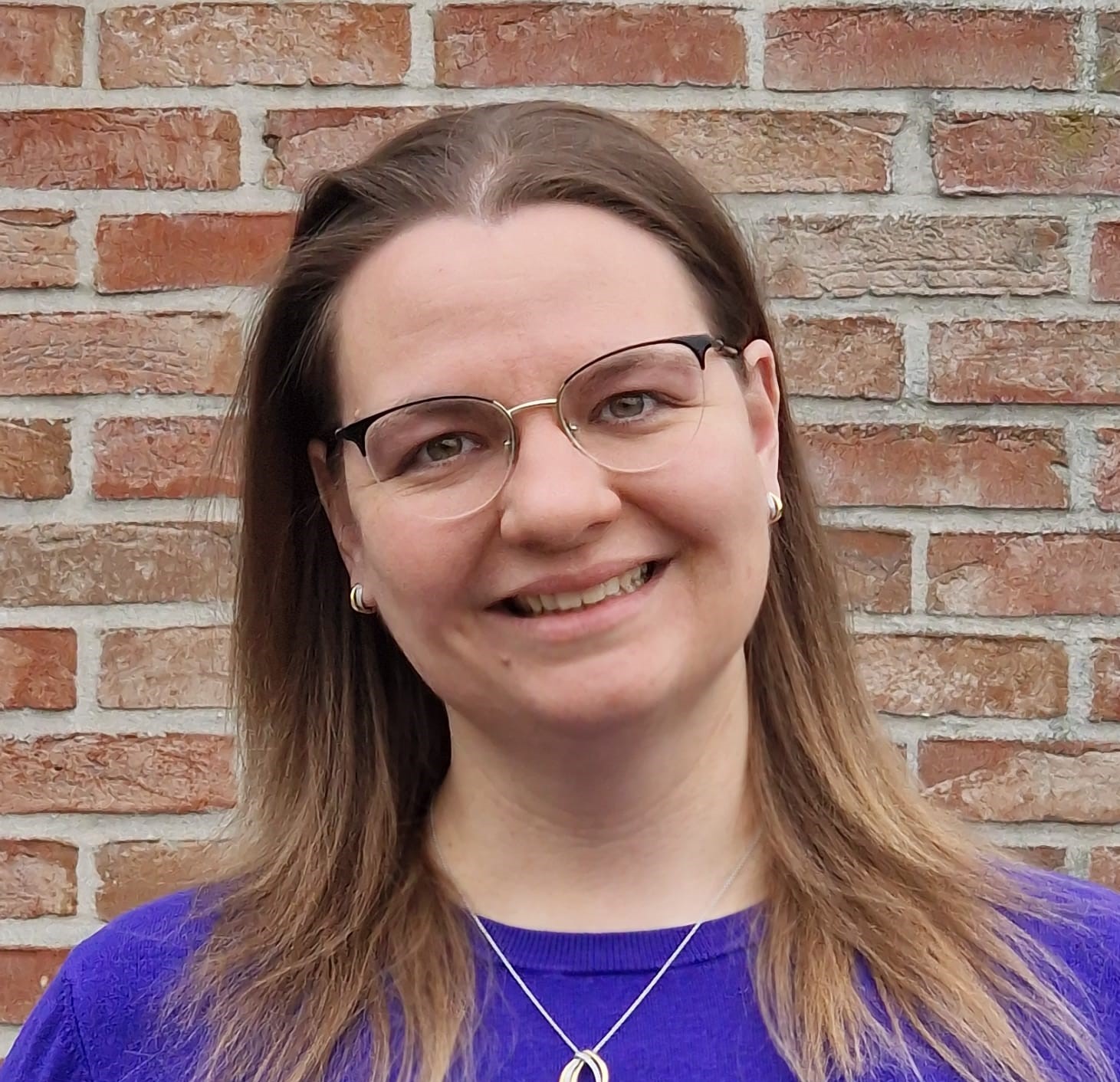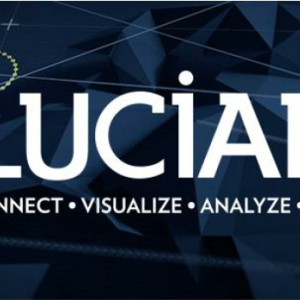 \
&
Contact us
\
&
Contact us
 \
&
Contact us
\
&
Contact us
Published on | 5 months ago
Last updated on | 5 months ago

marie.timmermann@fwo.be
Europe’s Digital Decade, a policy programme by the European Commission, sets targets to guide Europe’s digital transformation. These targets are to be achieved by 2030 in four areas:
To reach the digital targets and objectives, the European Commission aims to accelerate and facilitate the launch of multi-country projects (MCPs), large-scale projects that no single Member State could develop on its own. MCPs can be implemented in various ways such as Joint Undertakings (JUs), European Research Infrastructure Consortia (ERICs), the Union’s agencies, independently by the Member States concerned, through the execution of Important Projects of Common European Interest (IPCEIs) or through other appropriate implementation mechanisms.
The Digital Decade Policy Programme also introduced a new form to implement MCPs: European Digital Infrastructure Consortia (EDICs). EDICs are meant to speed up and simplify the setup and implementation of MCPs.
Each EDIC is a legal person established by a Commission decision upon the application of at least three Member States and Commission approval. The founding Member States define the EDIC´s governance structure and other functioning rules in the Statutes. Its budget will be based on its members’ contributions complemented by other sources of revenues, which may include EU and national grants. The seat of an EDIC is in a participating Member State and its legal personality must be recognised by all Member States.
An EDIC may implement a multi-country project by deploying joint infrastructure, delivering services and bringing together – as considered appropriate by the founding Member States – public entities, private entities, end users and industry.
Member States hold the majority of votes in the members' assembly, which gives them a decisive role in the governance of each EDIC. Specifically, Member States have the flexibility to tailor the internal structure of each EDIC, including members' contributions, voting rights, governance bodies, and other aspects of implementation and governance, through the customisation of EDIC statutes. EDICs will stay open to the participation of all Member States on fair and reasonable terms throughout their duration.
As an implementation mechanism for multi-country projects, EDICs can be used both for establishing of new infrastructures and operating existing ones (provided that joining the consortium adds value to ongoing activities, such as enhancing sustainability over time).
The following EDICs have been set up:
Planned EDICs:
We offer news and event updates, covering all domains and topics of Horizon Europe, Digital Europe & EDF (and occasionally, for ongoing projects, Horizon 2020).
Stay informed about what matters to you.
By signing up, you can opt in for e-mail notifications and get access to
a personalised dashboard that groups all news updates and event announcements in your domain(s).
Only for stakeholders located in Flanders

Founded in 1999, Luciad serves clients in Europe, Asia and the Americas. Though it recently was acquired by Hexagon Geospatial, they kept an agile SME mindset. Thousands of end users work directly with Luciad’s geospatial applications, and major systems integrators (think Airbus Defense and Space, Lufthansa Systems, NATO, Thales…) incorporate its software in their own products.
NCP Flanders went to Leuven to interview Frederic Houbie, the Research Projects Manager at Luciad, about how he sees Horizon 2020. Luciad is a partner in the MARISA project, which is a collaborative RIA project submitted to an ICT call topic.